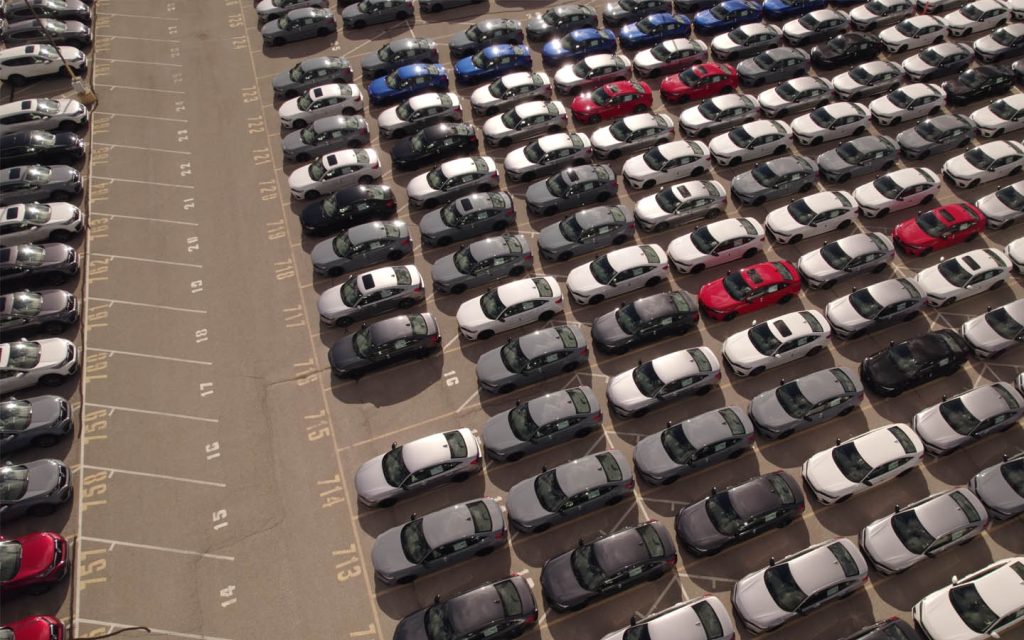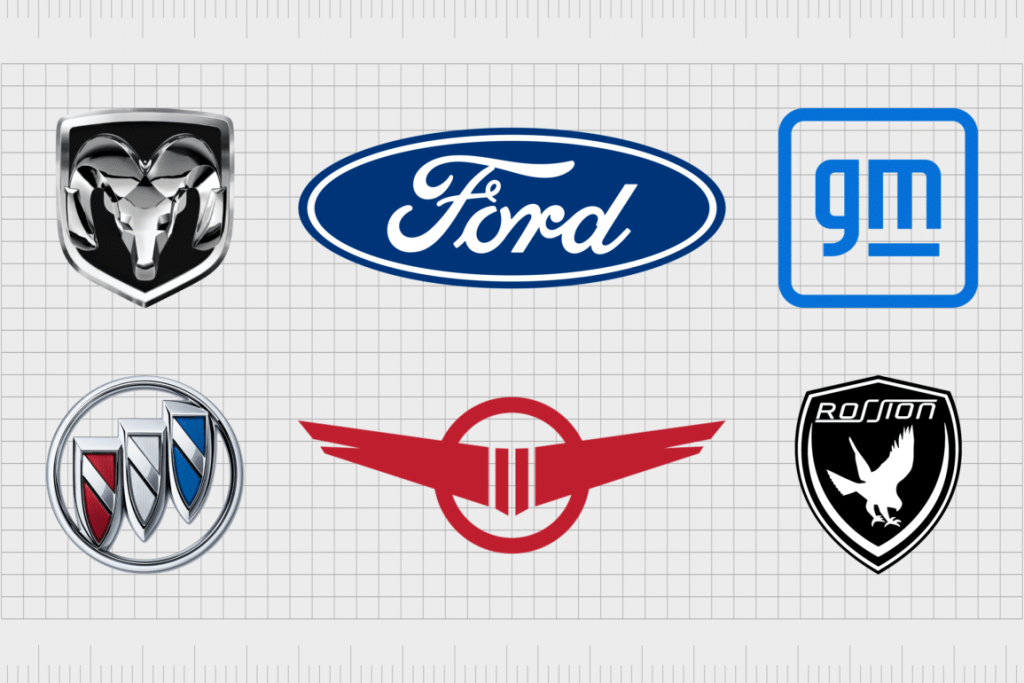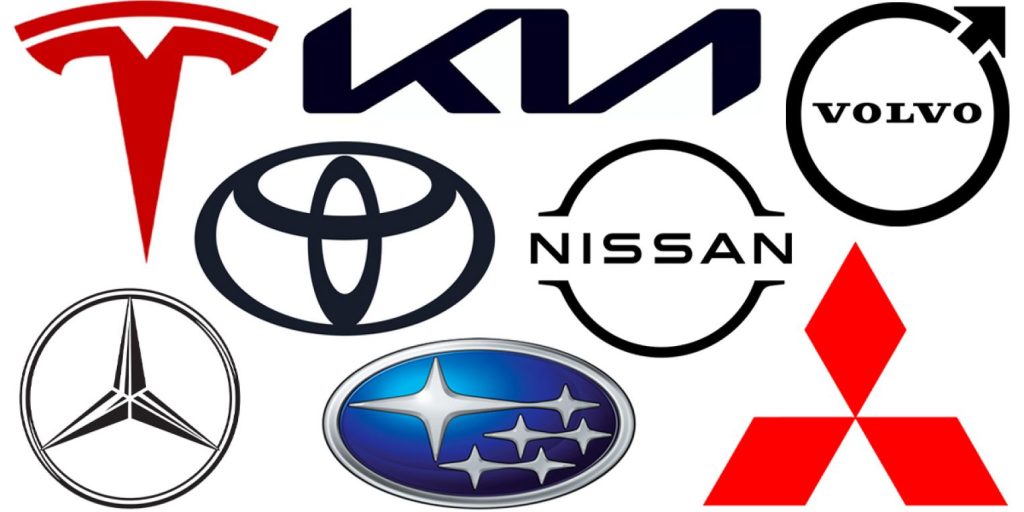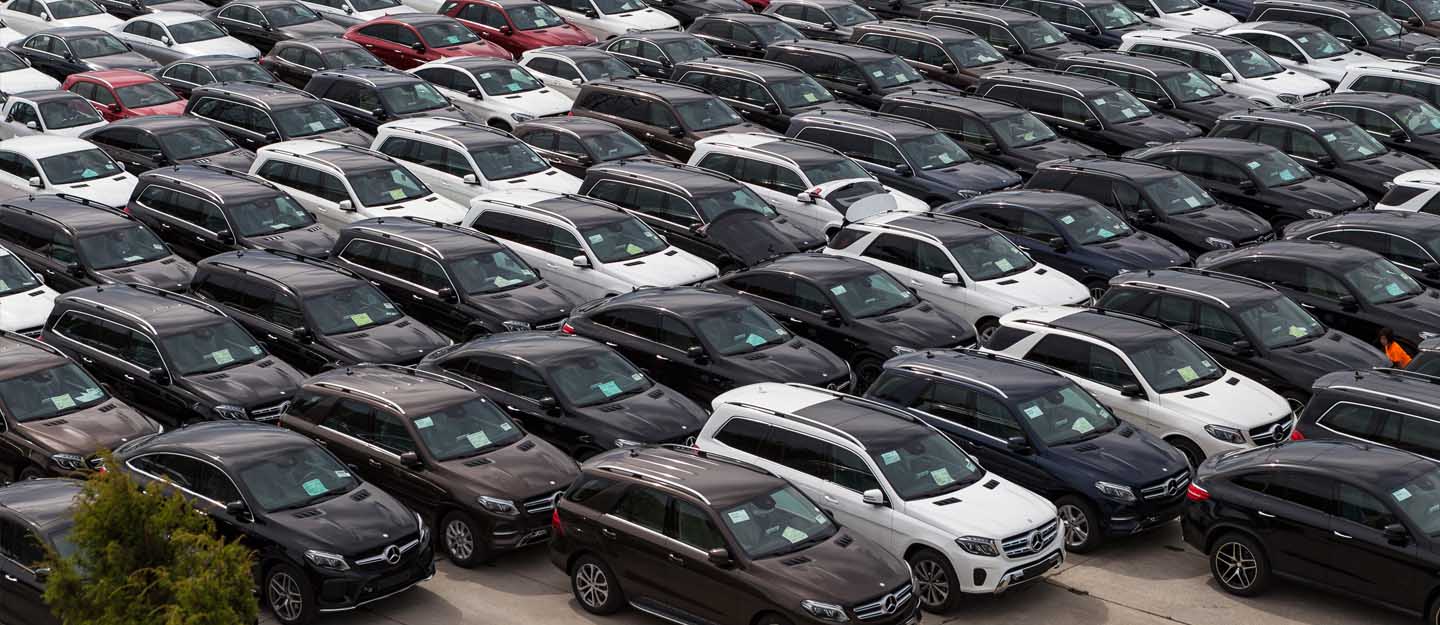Imagine coming home after a long day at work, turning on the news, and seeing the top story: an automaker is recalling thousands of vehicles—including the very one you just parked in your garage.
You can hardly believe that the manufacturer you trusted would put you, along with countless other owners worldwide, at risk.
Unfortunately, manufacturing defects can occur, sometimes leading to massive recalls. Stellantis is the latest automaker facing scrutiny due to fire-related issues, prompting widespread recalls of Ram and Jeep models.
But how does Stellantis compare to other manufacturers when it comes to recalls? Which automaker has the most recalls in history? These 10 cases stand out as some of the most significant.
1. GM Recalls 3.7 Million Vehicles in 1973
Traveling back to 1973, General Motors (GM) issued a recall for 3.7 million vehicles due to a flawed stone-guard assembly.
The component, designed to prevent stones from getting lodged in the undercarriage, had a defect—stones could become trapped in a way that prevented the car from turning left. Unfortunately, GM vehicles lacked the proper assembly to prevent this issue.

Luckily, this recall had a relatively simple solution. GM retrofitted affected Buick, Chevrolet, Oldsmobile, and Pontiac models with a bolt-on stone guard, quickly resolving the problem and getting these vehicles safely back on the road.
2. Tesla Recalls 4.1 Million Vehicles in 2022
Tesla may be a relatively young player in the automotive industry, having debuted globally in 2008, but it has already faced its fair share of recalls.
By early 2023, the California-based EV maker had announced a recall affecting 360,000 vehicles—bringing its total recalls since 2022 to a staggering 4.1 million. This placed Tesla second only to Ford for the highest number of recalls during that period.
So, what’s behind Tesla’s recall history? Most issues stem from its self-driving system. Affected vehicles failed to come to a complete stop at stop signs and continued straight through turn-only lanes.
These problems have raised serious concerns about autonomous technology, making some question whether fully self-driving cars will ever be safe enough for widespread use.
Also Read: How Autonomous Cars Could Worsen Traffic Problems in American Cities
3. Ford Recalls 4.1 Million Vehicles in 1972
It’s hard to imagine a time when seatbelts weren’t a standard feature in every vehicle. Today, most drivers buckle up automatically without giving it a second thought.
If you’re curious about how different things used to be, just ask your grandparents or other older members of your community.
More than 50 years ago, seatbelts were far from universal, making cars significantly less safe. The U.S. government mandated seatbelts in 1959, but by 1972, Ford discovered a major issue with its restraints.
The problem? The seatbelts were too short, making them difficult—or even impossible—for passengers to use properly.
Ford ultimately replaced all the faulty seatbelts and faced a fine from the National Highway Traffic Safety Administration (NHTSA). The penalty amounted to $95,000 at the time—equivalent to roughly $500,000 today.
4. GM Recalls 6.4 Million Cars in 1981
GM has already appeared on this list, and the scale of its recalls only grows from here. In 1981, the automotive giant recalled over 6 million vehicles due to a defective rear suspension bolt.
Inspectors discovered that the bolt rusted far more easily than acceptable, which caused the rear control arms to drop to the ground. While rust can be a sought-after aesthetic for rat rod trucks, it’s certainly not desirable when it compromises vehicle safety.
The failure of the rear suspension bolt led to cars spinning out of control—a situation best reserved for celebratory burnouts after a NASCAR victory. The issue resulted in 27 reported accidents, prompting GM to implement quick fixes. However, this was just another instance that cemented GM as one of the most frequently recalled car brands.

5. GM Recalls 6.7 Million Cars in 1971
A decade before the suspension bolt issue, GM faced another major problem—this time with motor mounts. Imagine starting your car while it’s parked in your driveway. Under normal circumstances, it should remain stationary until you shift gears and press the accelerator.
However, GM owners found their vehicles moving on their own when a faulty motor mount broke. The malfunction caused the engine to lift, jamming the throttle open and forcing the car to accelerate uncontrollably.
This led GM to recall nearly 7 million vehicles, marking the largest automotive recall at the time. The recall primarily affected Chevrolet models, with the NHTSA documenting 63 accidents and 18 injuries linked to the issue.
Notably, the Chevrolet Camaro and other full-sized models were impacted. If your grandparents owned a light truck manufactured between 1965 and 1970, it may have been part of this recall as well.
6. Toyota Recalls 7.4 Million Cars in 2012
During the fall of 2012, much of the U.S. was focused on the presidential election—but Toyota was dealing with one of the largest recalls in automotive history.
Known for producing reliable vehicles, Toyota and its luxury brand Lexus are consistently ranked among the most dependable automakers by Consumer Reports. However, even the most trusted brands aren’t immune to safety issues.
This recall affected over 7 million Toyota vehicles due to faulty power window switches that posed a fire hazard. Cars generally function better when they’re not on fire, so Toyota issued a global recall.
After investigating, the company determined that improper lubrication during manufacturing led to corrosion in the lock switch, increasing the risk of fire. While this is a serious problem under any circumstance, it becomes even more dangerous if it occurs during a long road trip or in heavy traffic.

7. Ford Recalls 7.9 Million Cars in 1996
Yet another Ford recall makes the list, this time from 1996. Nearly three decades ago, Ford issued a recall affecting vehicles from its namesake brand, as well as Lincoln and Mercury models produced between 1988 and 1993.
The issue stemmed from faulty electronics in the ignition switch, which caused overheating and dashboard fires. Fires are hazardous in any situation, but when they originate so close to the driver, the danger becomes even more severe.
This massive recall affected nearly 8 million vehicles across three brands. However, the most troubling part of this case was that Ford had known about the ignition switch defect for roughly five years before officially addressing it.
Typically, fixing ignition problems involves lubrication or inspecting the gear shift, but in this instance, there was little owners could do before the recall was announced.
8. Volkswagen Recalls 8.5 Million Cars in 2016
We’ve now reached one of the most significant recalls in automotive history—one that severely damaged Volkswagen’s reputation.
Throughout the 2010s, automakers intensified emissions testing to comply with increasingly strict government regulations aimed at reducing environmental impact. However, some manufacturers attempted to bypass these rules through deception.
In 2016, Volkswagen recalled over 8 million vehicles after it was discovered that the company had manipulated emissions control systems in its diesel engines.
These systems were designed to falsify test results, making it appear as though the cars met emissions standards when, in reality, they were emitting far more pollutants than allowed. To this day, automotive enthusiasts and industry professionals alike remember Volkswagen’s emissions scandal and the controversy that rocked the auto world.

9. Toyota Recalls 9 Million Cars in 2010
Toyota appears on this list again, this time with a recall even larger than its 2012 incident. In 2010, as the world was still recovering from the effects of the Great Recession, vehicle owners were met with alarming news—Toyota and Lexus models had a dangerous acceleration issue that led to widespread recalls.
Initially, the companies attributed the unintended acceleration to floor mats interfering with the pedals. However, further investigation revealed that the real issue stemmed from faulty gas pedals themselves.
This recall became one of the most devastating in automotive history, not just due to the sheer number of affected vehicles, but because of its deadly consequences. Reports indicate that 89 people lost their lives and 57 others sustained injuries as a result of the acceleration defect.
Also Read: 9 Modern Car Safety Technologies to Upgrade Older Vehicles and Save Lives on the Road
10. Ford Recalls 17.5 Million Cars Between 1999 and 2009
When it comes to fuel efficiency, using cruise control is one of the best ways to save gas. By maintaining a consistent speed, drivers reduce the need for frequent acceleration and braking, allowing their engines to operate more efficiently.
Ford drivers in the late ’90s and early 2000s took full advantage of this feature—until a major recall put their vehicles’ safety in question.

During this period, Ford owners began reporting that their steering wheels were catching fire. While a hot steering wheel in the summer sun is expected, one spontaneously bursting into flames is a serious hazard.
When a fire starts in the steering wheel, it can quickly spread to other vital components of the vehicle, increasing the risk of severe damage, explosions, and even fatalities. This recall, spanning a decade, became one of the largest in Ford’s history.

